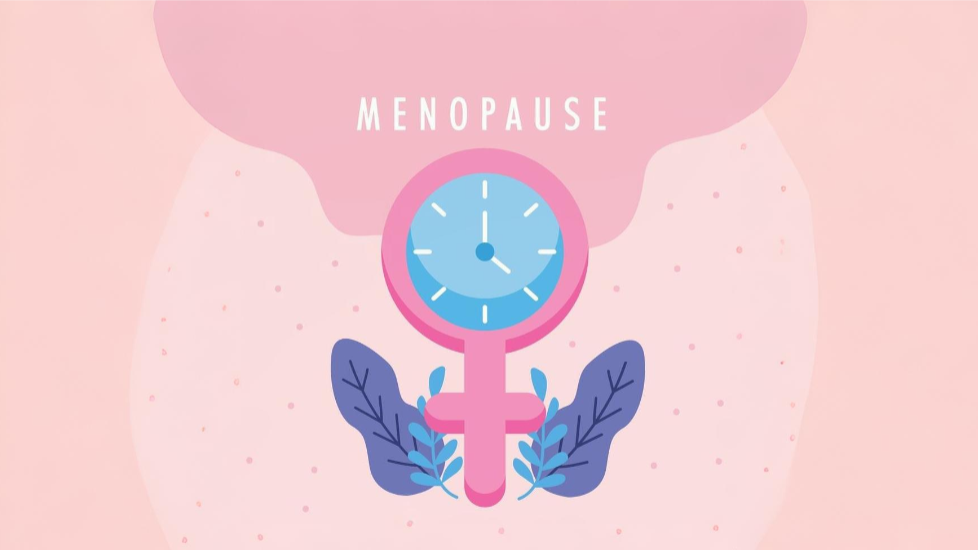
Photo: Vecteezy
Jun 29, 2025, 17:04
Sami Mansfield: Two of the Toughest Challenges after Cancer-Related Menopause
Sami Mansfield, Founder of Cancer Wellness for Life, shared a post on LinkedIn:
“Muscle loss and fat gain – two of the toughest challenges after cancer-related menopause. Could creatine be the overlooked ally in our toolbox?
Obesity is a complex challenge in cancer care, especially for those navigating the metabolic shifts that follow treatment and menopause. These changes not only impact weight, but also muscle strength, fatigue, and overall quality of life – key factors in survivorship and long-term wellness.
As providers and patients look for safe, practical solutions, creatine monohydrate is stepping out of the gym and into the cancer wellness conversation. Why?
Here’s what the latest research and clinical experience suggest:
Muscle Matters: Cancer treatments and menopause both increase the risk of muscle loss (sarcopenia), making recovery harder. Creatine supplementation – paired with resistance exercise – can help preserve lean mass during weight loss or treatment.
Support for Movement: Fatigue and physical inactivity are common barriers post-treatment. Creatine may boost exercise capacity, making it easier for survivors to benefit from movement as medicine.
Brain and Mood Benefits: Emerging data suggests creatine can support cognitive health and mood – important for those managing the double challenge of cancer recovery and obesity after menopause.
Safe and Practical: Creatine is well-studied and generally safe when used as recommended (5g/day), but hydration is essential, especially for those recovering from surgery or experiencing side effects.
Implementation Reminder:
Creatine is not a cure-all, but it’s a valuable adjunct to the core pillars of lifestyle medicine: whole-food, plant-forward nutrition, regular physical activity, restorative sleep, stress management, social connection, and risk reduction. The best outcomes come from a multi-tool approach, tailored to each survivor’s needs.
How are you supporting muscle health and healthy body composition in your cancer care practice? Let’s share strategies and practical tips.”
More posts featuring Sami Mansfield.
-
Challenging the Status Quo in Colorectal Cancer 2024
December 6-8, 2024
-
ESMO 2024 Congress
September 13-17, 2024
-
ASCO Annual Meeting
May 30 - June 4, 2024
-
Yvonne Award 2024
May 31, 2024
-
OncoThon 2024, Online
Feb. 15, 2024
-
Global Summit on War & Cancer 2023, Online
Dec. 14-16, 2023
Sep 8, 2025, 02:00
Sep 7, 2025, 23:56
Sep 7, 2025, 23:47
Sep 7, 2025, 16:47
Sep 7, 2025, 16:30
Sep 7, 2025, 16:25
